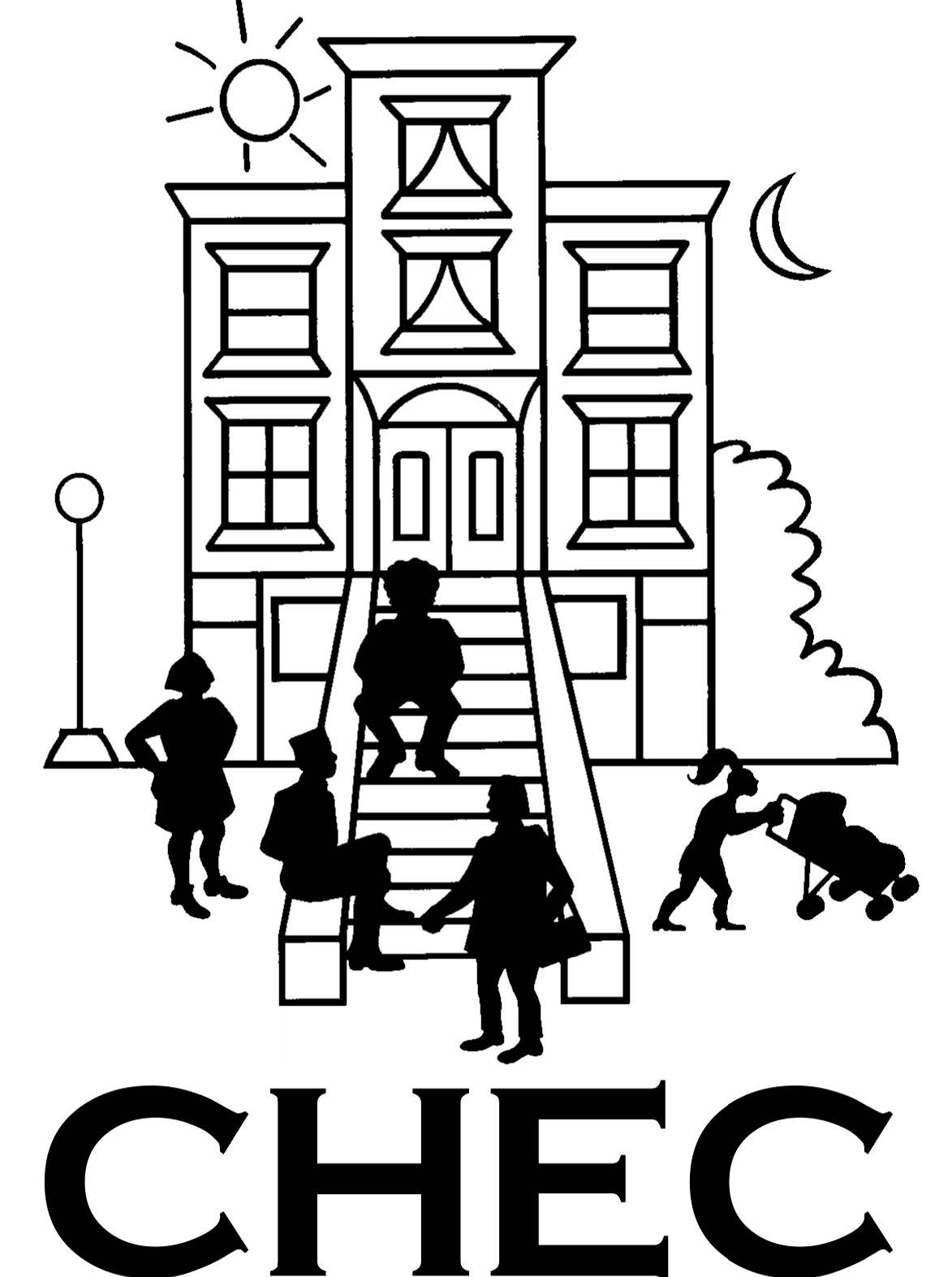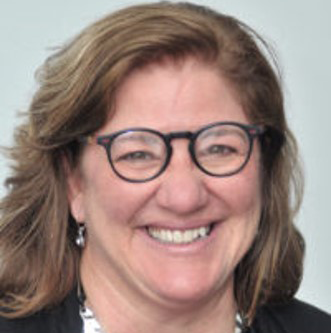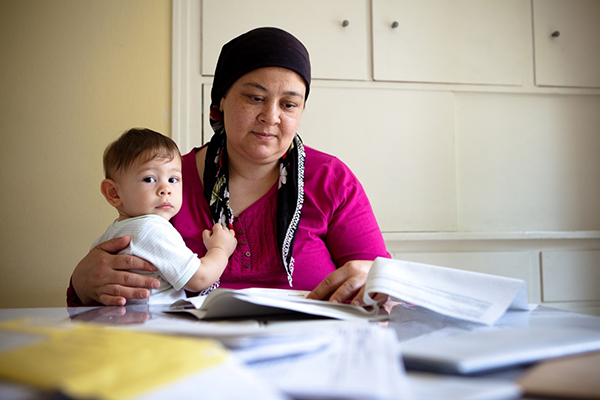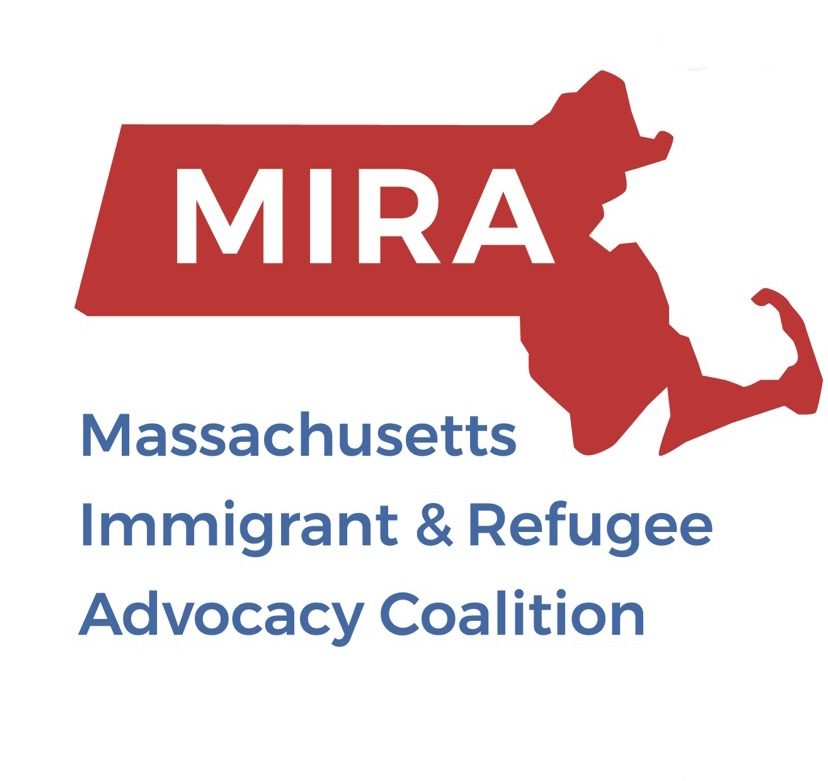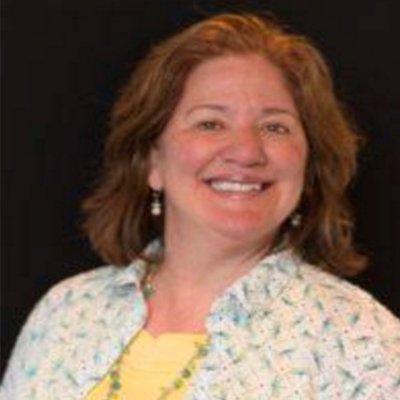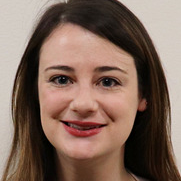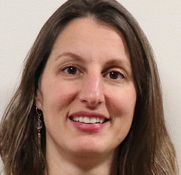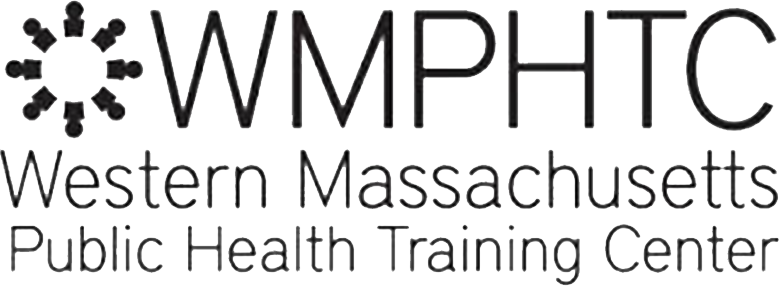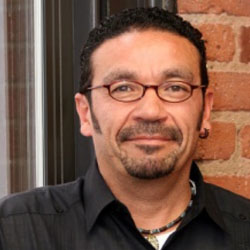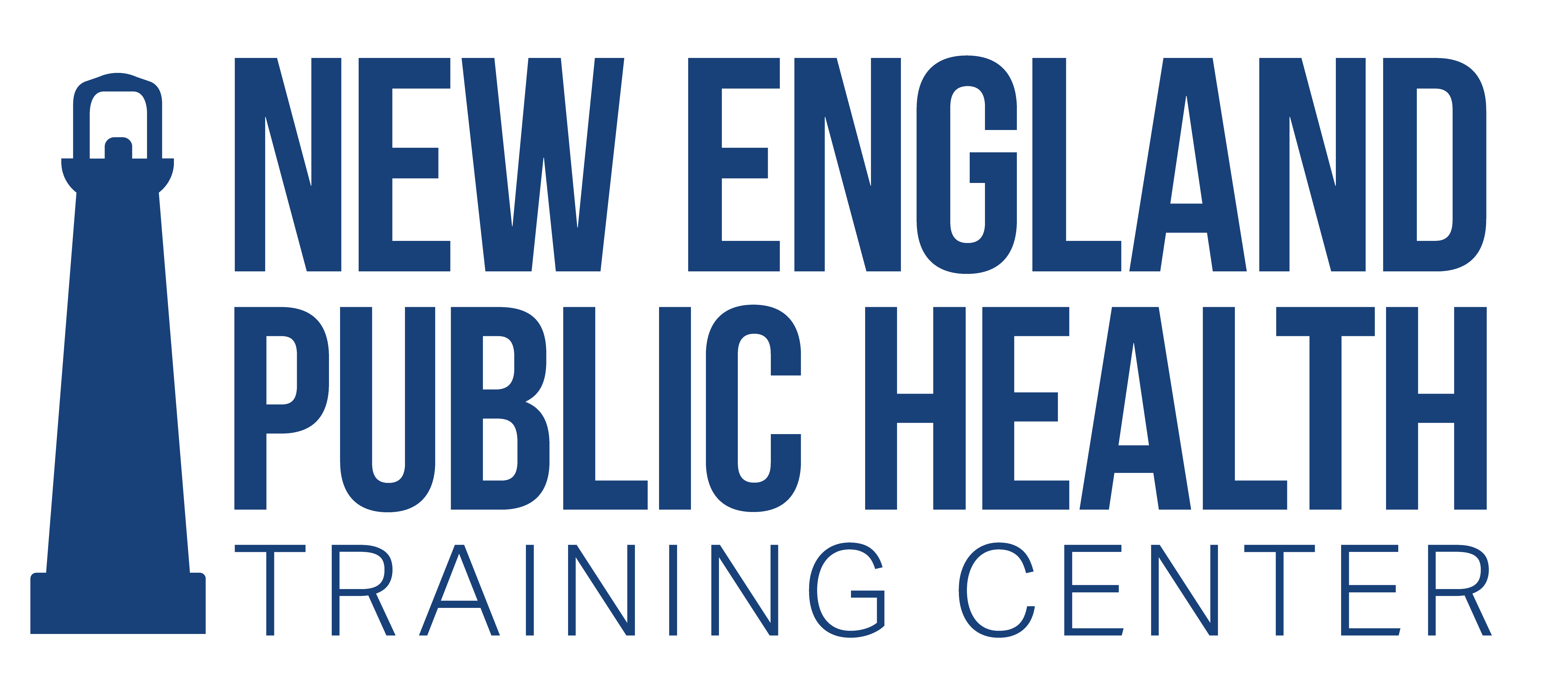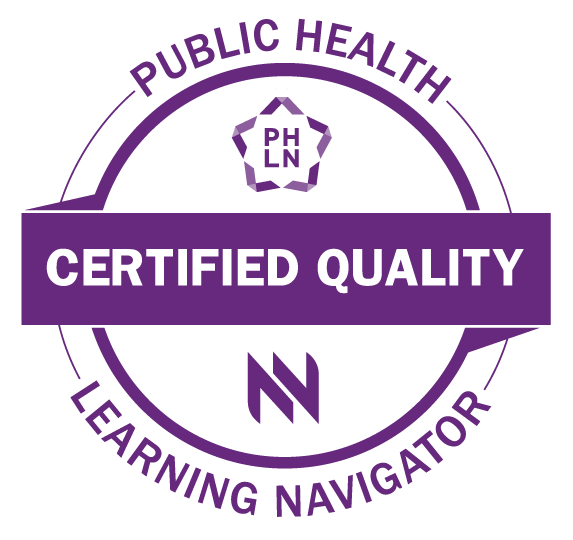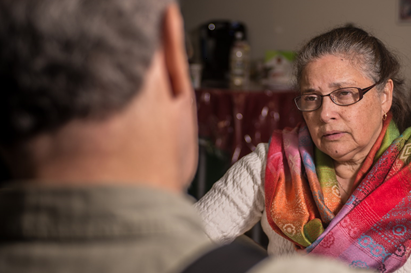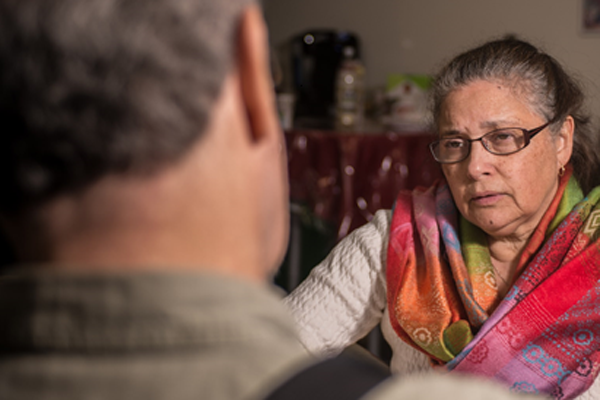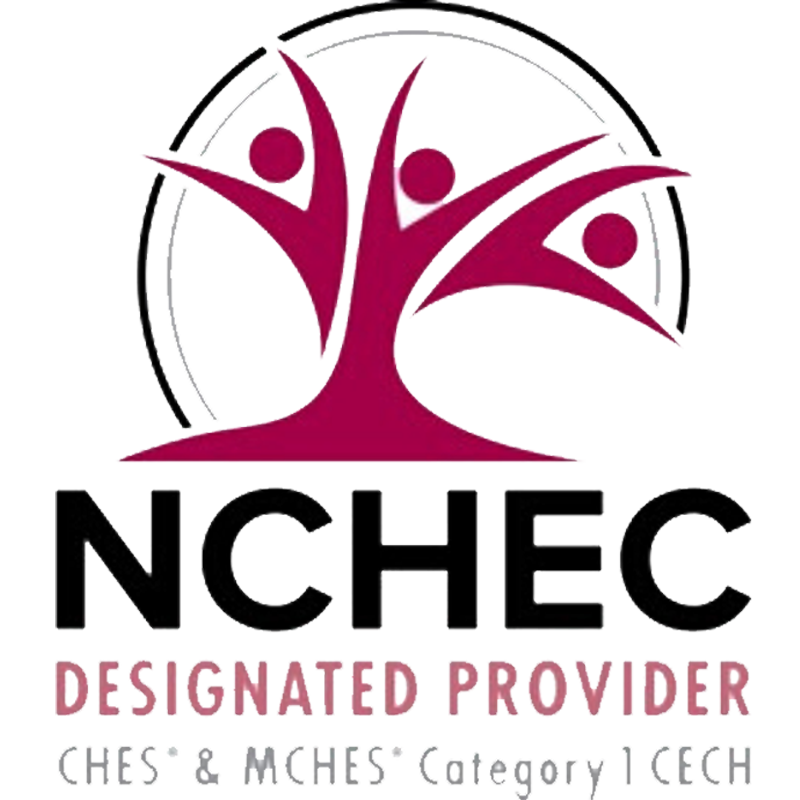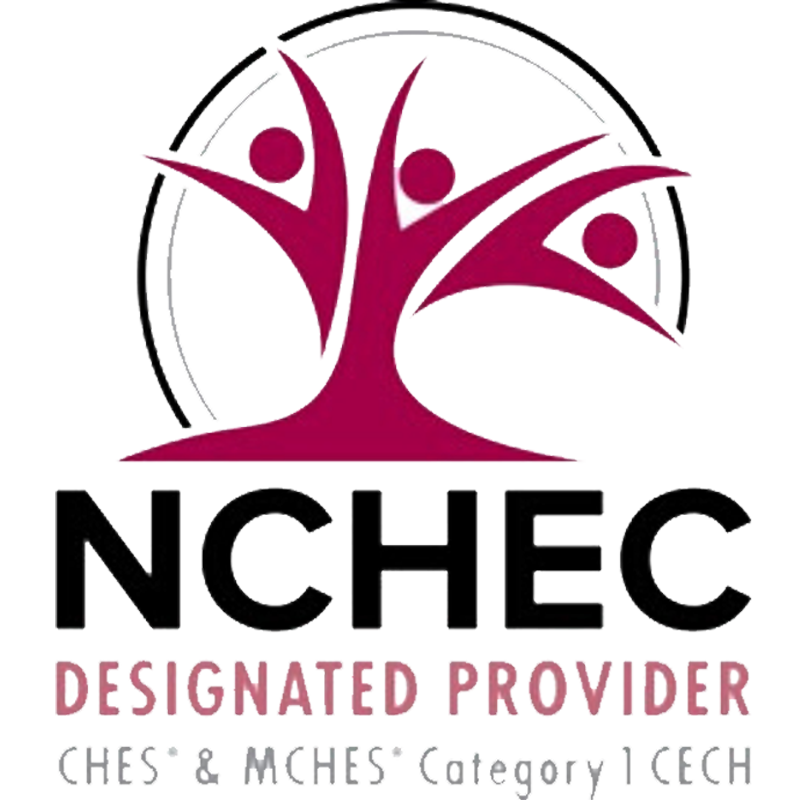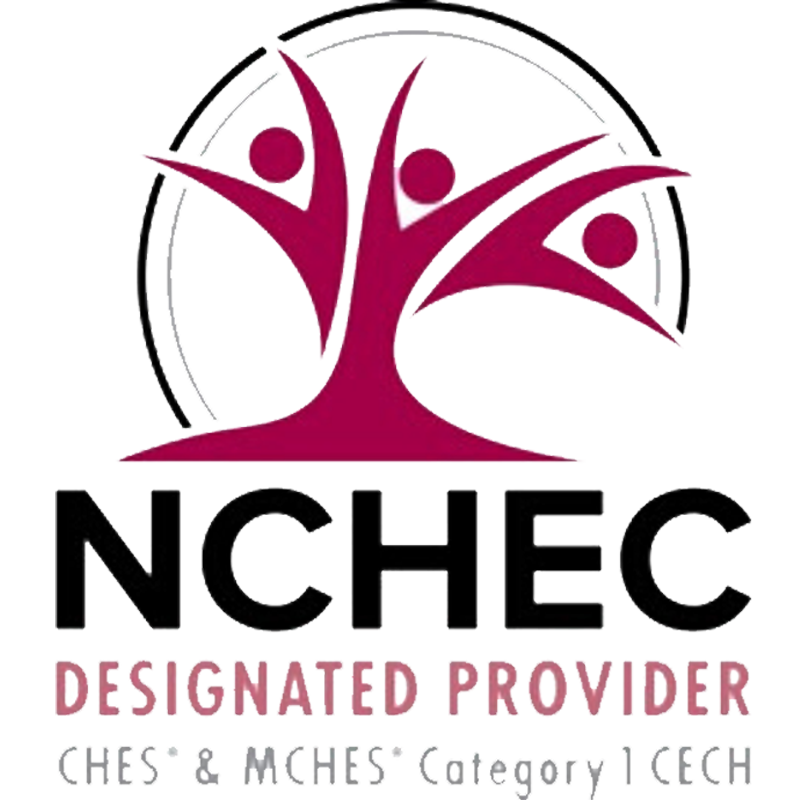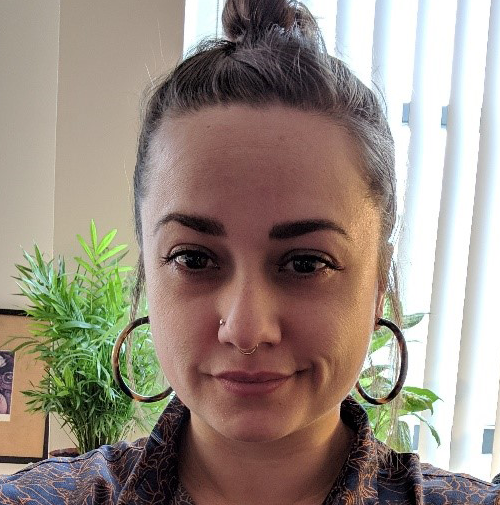
MACHW Workshops: The Importance of CHWs and Equity in Public Health
How did we get on this inequity rollercoaster?

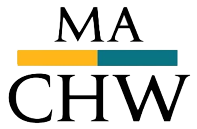
Register
Course Information
- Audience: Members of the Massachusetts Association of Community Health Workers (MACHW)
- Format: Online Workshop
- Date/Time: Wednesday, September 21, 2022
10:00 AM to 11:30 AM EST - Price: Free
- Length: 1.5 hours
- Credential(s) eligible for contact hours: Sponsored by New England Public Health Training Center (NEPHTC). If you complete the evaluation, you will receive a Certificate of Completion. The Certificate will include the length of the workshop.
- Competencies: Health Equity Skills
- Learning Level: Awareness and Performance
- Companion Trainings: MACHW Workshop Series
- ABCs of Immigration & Know Your Rights
- Housing Rights and Advocacy Resources for CHWs
- CHWs and Trauma Informed Care: Building Community Collective and Resilience
- Trauma Informed Care
- Self Care, Caring for Ourselves and Others
- Amplifying Voice, Equity & Well-Being for Community Health Workers
- From Tears to Cheers: A Story of Resilience
- Wellness and Health as Public Health Workers
- Supplemental materials:Session PowerPoint
- Pre-requisites: None
About this Workshop
This MACHW interactive workshop series aims to support CHWs as they strive to serve their clients during these challenging times. The workshop formats will include expert panels, Q and A, and case studies on critical issues from across Massachusetts.
Dr. Newman will walk us through the importance of CHWs in the Public Health Workforce, the inequities and paternalism lived through history, and taking action.
What you'll learn
At the end of the workshop, participants will be able to:
- Explain how the Social Determinants of Health impact health equity
- Discuss the inequitable trajectory of public health
- Uncover new ways of staying encouraged in the CHW movement
Subject Matter Experts

Johanna Newman, DNAP, CRNA

Leslie Agyemfra
Registration
Select the Enroll Me button below to register for this workshop. If you have any trouble accessing the workshop, contact support@nephtc.org.
Acknowledgement:
This project is supported by the Massachusetts Department of Public
Health
Acknowledgement: This project is supported by the Health Resources and Services Administration (HRSA) of the U.S. Department of Health and Human Services (HHS) as part of award 2 UB6HP31685‐05‐00 “Public Health Training Centers.” The contents are those of the author(s) and do not necessarily represent the official views of, nor an endorsement, by HRSA, HHS or the U.S. Government.


